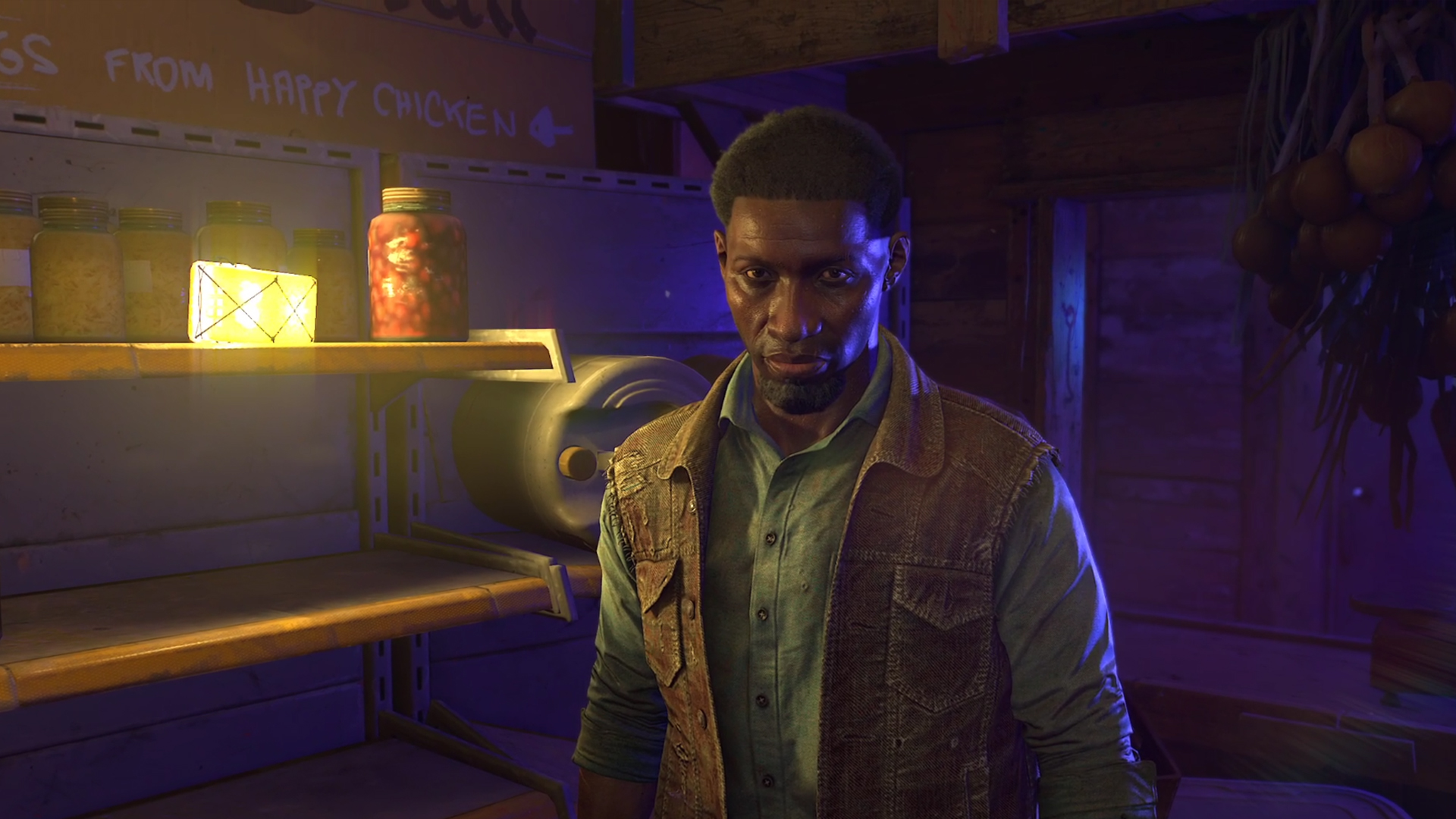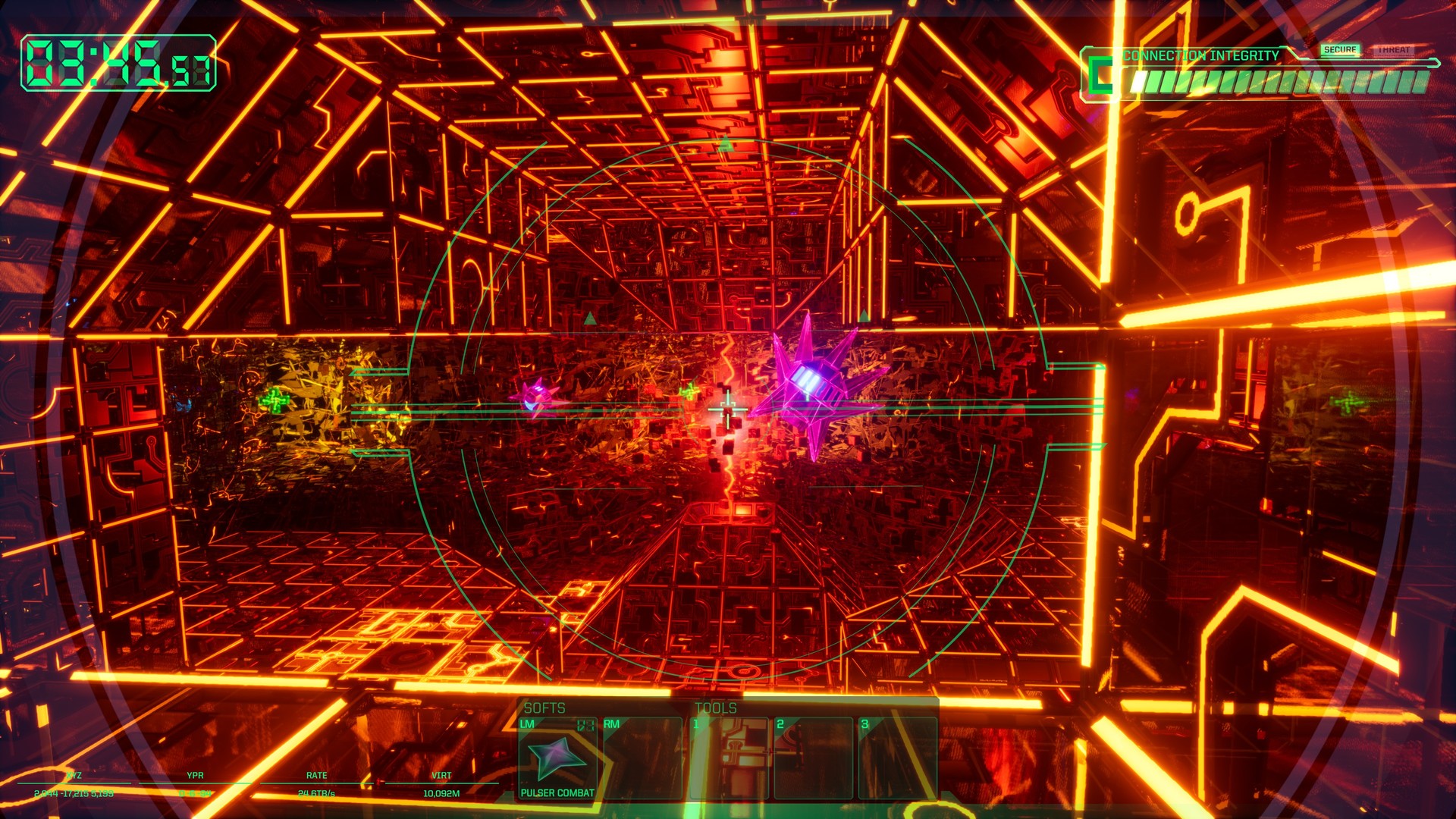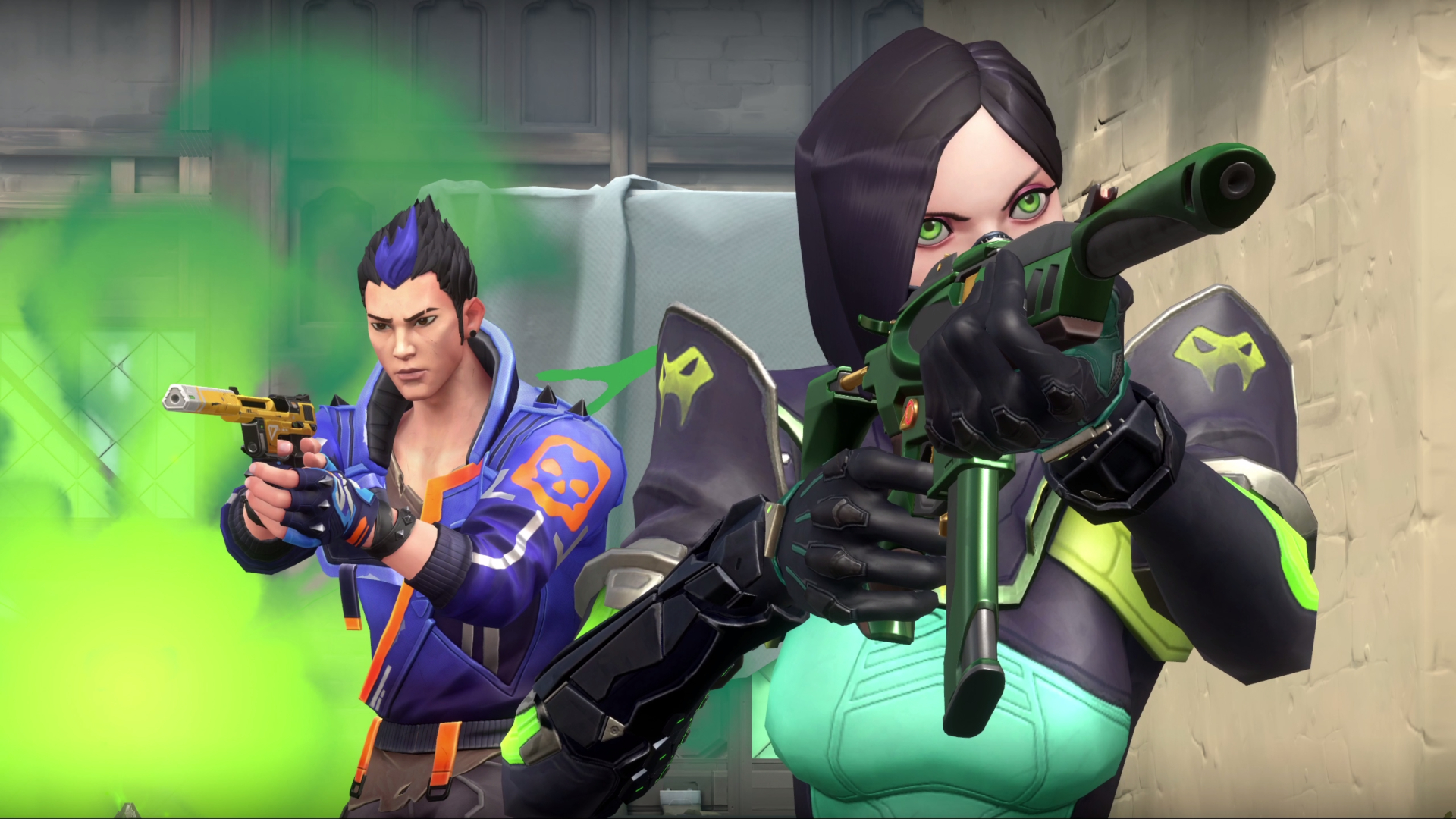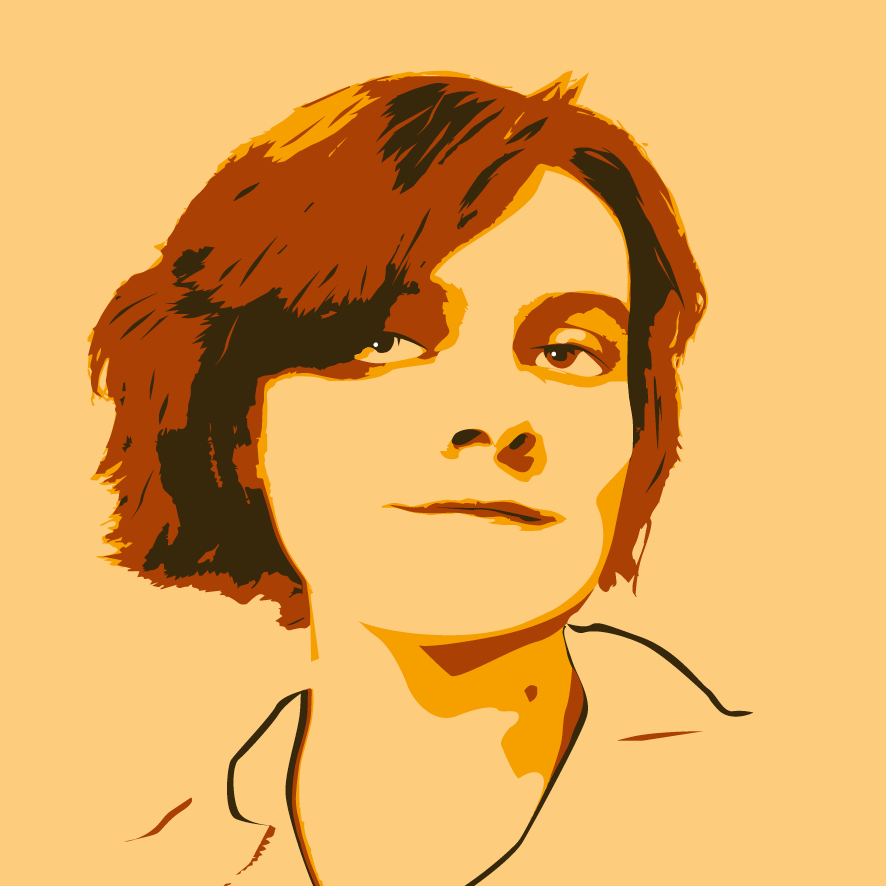Covid-19 taught the games industry to be better
It took a global pandemic to make us finally rethink where and how we make games.

A little over two years ago I received a text from my partner, a programmer at Rockstar North. A relative of someone in the office cafeteria had tested positive, and at a moment's notice, the hundreds-strong studio immediately sent its entire workforce home for the foreseeable future. Two years later, and GTA6 is still being developed (in part) in our spare room.
But this was far from an isolated incident. Covid hit everywhere, regardless of industry or geography—and across the games industry, from tiny indies to multi-studio powerhouses, from the US to Japan and everywhere in between, developers have had to very suddenly trade office floors for bedrooms.

"Before the pandemic we were working in the more traditional model with on-site being the standard approach for the majority of the team," said Tymon Smektała, lead game designer at Dying Light 2 developer Techland. "Of course, it was possible to work remotely, to have an office space at home—we were always known for our very flexible, pro-employee approach to work organisation—but it just wasn’t common, I believe mostly due to cultural, habitual reasons. Covid changed all of this for us and for the rest of the world."
Techland, like many studios, was forced to pretty quickly shift from on-site to remote work, and managed to make the transition in a surprisingly brisk 2-3 days. Working on games remotely isn't as simple as pulling up a laptop and signing into your work email—for an in-house development studio with its own internal networks, hardware, and production processes, getting staff set up at home is no small feat.
"It just wasn’t common, I believe mostly due to cultural, habitual reasons. Covid changed all of this for us and for the rest of the world."
Tymon Smektała, Techland
As we saw throughout 2020 and 2021, it was an awkward transition. In April last year, 44% of developers said Covid had directly led to game delays, as studios scrambled to figure out how to make games remotely. But some fared better than others, and back in early 2020 Bungie even put together a pretty comprehensive guide on how studios should prepare for the oncoming pandemic.
Smektała doesn't say whether Techland took pointers from the Destiny maker, but does reckon the ease of transition was a "great achievement" on behalf of the studio's IT and admin departments, going so far as to say that Dying Light 2 wouldn't have been released without their hard work.
"We moved all our people to [home offices], supported them with software, hardware, furniture and amenities. A very limited number of people stayed in the office to make sure everything ran smoothly (servers, etc.)".
Keep up to date with the most important stories and the best deals, as picked by the PC Gamer team.

Of course, this was all two years ago. We've been living under a global pandemic for a long time, long enough for people to start new careers and join new teams without ever having stepped foot in their offices—including Apex Legends senior game designer Samantha Kalman.
"I joined the team after full remote work had begun, so I've basically worked remotely the entire time on working on Apex," Kalman told me in an interview ahead of the game's latest season. "For me, it's something that I've gotten used to, because it's sort of all I've known at this team. But I think we might have a significant majority, or a significant number of folks at the studio that are in the same position that I'm in."
Kalman spoke to a sentiment shared across everyone I spoke to, which is that remote work can be a bit of a shock to anyone who isn't used to it. It's not just about solving the technical issues that come with pivoting sharply to remote work—maintaining developers' mental wellbeing is a constant concern.
"When your work is just in the next room, it's a little harder to unplug."
Always online
Granted, this is only new if your studio wasn't already working remotely—hell, near enough the entire indie scene has been comfortable working from bedrooms and coffee shops for as long as the medium has existed. But at a certain scale an office becomes an expectation. So, two years after Fraser chatted to him about the studio's fully-remote model, I caught up with Nightdive business development director Larry Kuperman for a refresher on how fully remote studios manage to keep themselves sane.
"The challenge is to bring in an alternative social mechanism, a way of socialising, particularly with your co-workers," Kuperman explained, noting that he'll frequently just ask staff how they're doing, what they're up to, things outside of work to maintain a more social dynamic.

"The companionship and camaraderie among the Nightdive staff and the dev team really helped me get through [the pandemic]. So I think we were better prepared than most companies."
Being remote since its conception, Nightdive suddenly found itself in a position of expertise. Studios (Kuperman doesn't name any in particular) that had previously held reservations around working with Nightdive around its lack of a central office were now asking for tips and best practices on remote work.
Kuperman does note that, on occasion, the team will hire someone who doesn't ever gel with a remote working environment. But that's a small price to pay for the ability to hire developers from across the world, from the US to Europe to New Zealand and plenty in between—and the decision to ditch offices entirely has more benefits than just geographical.
"The other thing that people don't think about is what the social changes can be. You know, we were a great place for people that are trans, people that are maybe mobility challenged. People that have PTSD, that for one reason or another are homebound, immunocompromised, I mean, I could go down the whole list."
While companies (even outside gamedev) love to boast about the benefits of in-person work, it's often understated how many people aren't comfortable with being ferried into an office every day. For disabled, neurodivergent, queer or otherwise marginalised people, the assumed productivity benefits of office work simply aren't true, and some of their best work gets done when in an environment they feel safe and comfortable in.
"What restroom do you choose to use? Use the one in your own house, please. But just do me one favour and be sure to wash your hands afterwards."

Kuperman, of course, is nothing but glowing about the potential remote working could have on the games industry going forwards. But as we approach what could controversially be described as the end of covid, we're already seeing some studios gunning to return to in-office conditions. Riot, for instance, stirred up dissent among its own staff by announcing it would drop vaccine and masking requirements on returning to offices this year.
When asked for comment, Riot comms Joe Hixson explained only that the studio will continue to monitor case rates and follow the recommendations of relevant health and workplace officials (it's worth noting that the vaccine and mask drop was perfectly compliant with LA government regulations), though Riot still expects staff to be in the office at least three days a week.
As far as how Riot handled the transition to remote work, Hixson notes that it's "a big question and one we're still processing". While culture, onboarding and team dynamics were harder to reckon with (a Forbes interview from 2020 explains that, while Riot had been looking into offering remote work for some time, many of its teams weren't set up to be separated), the physical transition to WFH wasn't actually too bad.
"We never want to go back. In a lot of ways it's changed things for the better."
Steve Ferreira, Respawn
If we've learned anything from the last two years, however, it's that games don't need giant studios full of office workers to be successful. There have been high profile delays, sure, but Elden Ring still launched in solid form (performance issues aside), and live service games like Fortnite and Apex Legends still updated on a seasonal schedule.
Steve Ferreira, game director on Apex, echoed much of the sentiment I've heard across the industry—that valuable lessons about where and how we work have been learned, and there's no going back to the way things were.
"We now work remotely because a lot of our team is separated across the world, right," Fereirra told me. "There's just no way that we're ever going to have everybody together again. And now, as a result of doing this for so long and continuing to grow, continuing to operate in this way, we've also found ways that are better. We never want to go back regardless even if we were all in one location. In a lot of ways it's changed things for the better."
And yet, remote work isn't for everyone. There will always be developers who need the routine and stability of an office. Smektała told me that Techland, like many studios I'm aware of, aims to adopt a hybrid model, allowing staff to choose whether they want to work from home or in the office. Bungie, meanwhile, recently announced a sweeping move to add fully-remote options for all current and future roles.
But Covid-19, as devastating as it's been over the past two years, has taught us that the games industry can do better. That games don't require some secret magic obtained through having 500 people in the same building, that developers shouldn't need to relocate to expensive hub cities to make the games we love.

20 years ago, Nat played Jet Set Radio Future for the first time, and she's not stopped thinking about games since. Joining PC Gamer in 2020, she comes from three years of freelance reporting at Rock Paper Shotgun, Waypoint, VG247 and more. Embedded in the European indie scene and a part-time game developer herself, Nat is always looking for a new curiosity to scream about—whether it's the next best indie darling, or simply someone modding a Scotmid into Black Mesa. She also unofficially appears in Apex Legends under the pseudonym Horizon.

